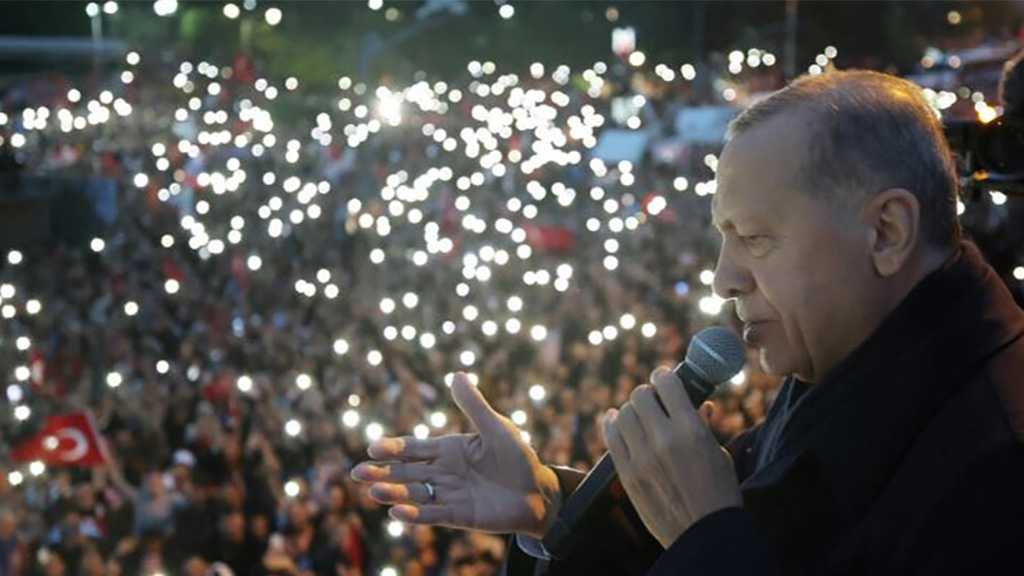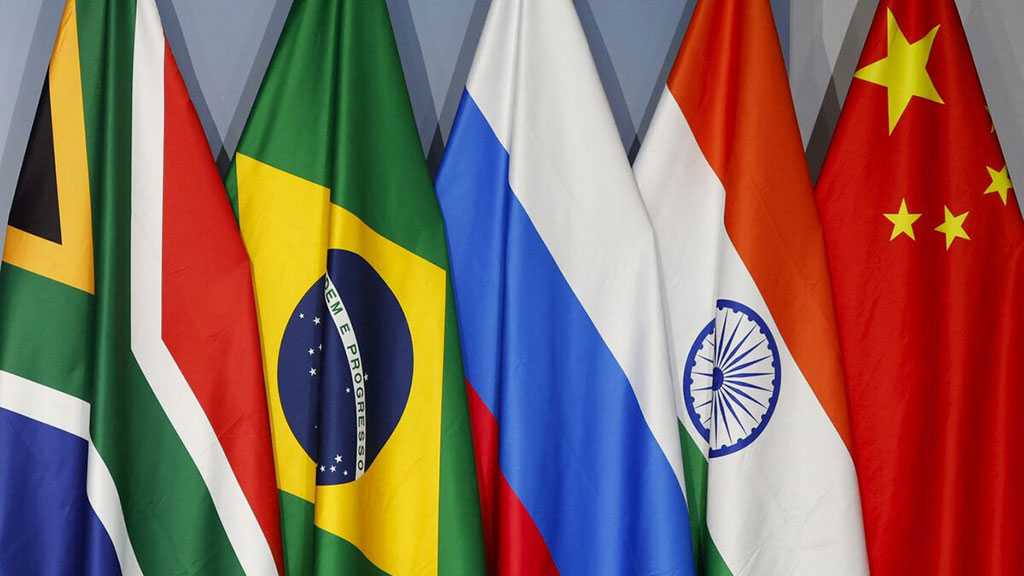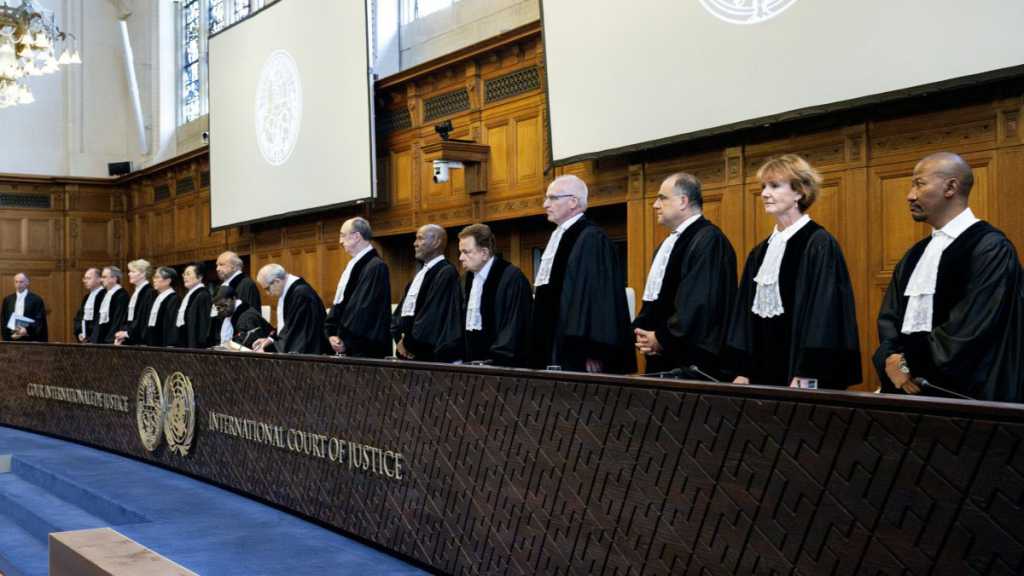Turkish Presidential Elections 2023: Election Board Declares Erdogan Winner of Runoff

By Staff, Agencies
The head of Turkey's election board has declared President Recep Tayyip Erdogan the winner of the country’s historic runoff vote, extending his presidency until 2028.
"Based on provisional results, it has been determined that Recep Tayyip Erdogan has been elected president," Supreme Election Council Chairman Ahmet Yener was quoted as saying by Anadolu state news agency on Sunday.
He added that Erdogan has won presidency by securing 52.14% of the votes, after 99.43% of ballot boxes were opened.
Erdogan’s rival, Kemal Kilicdaroglu, received 47.86% of the votes, Yener said, adding that with a gap of more than 2 million votes between candidates the rest of the uncounted votes will not change the result.
Yener had said in an earlier statement that the election was not marred by any voting irregularities and fraud.
Anadolu news agency put the voter turnout at about 85 percent.
This came after earlier on Sunday, Erdogan declared his victory in the runoff election, thanking Turkish voters for giving him a mandate to govern the country for the next five years.
Speaking from atop a bus in his home district in Istanbul on Sunday evening, Erdogan thanked the Turkish nation for voting and said he won the runoff vote against Kilicdaroglu with their support.
The runoff was held after both Erdogan and Kilicdaroglu failed to secure more than 50 percent of the votes required for an outright victory in the first round on May 14.
Erdogan had asked his supporters “to stay at the ballot boxes until results are finalized,” saying through a tweet, "Now is the time to protect the will of the people which we hold in the highest esteem.”
After his election win was confirmed, Erdogan called for "unity and solidarity," as he addressed his supporters in an early Monday speech.
"We should come together in unity and solidarity," he told the crowd that gathered outside the presidential palace in Ankara, adding, "We call for this with all our heart."
"I thank every single one of our people who once again gave us the responsibility to govern the country five more years," he noted, pledging to leave all disputes behind and unite the nation behind national values and dreams.
Erdogan also touched on the country’s economic situation. While saying inflation was Turkey's most urgent issue, he promised that his government's new policy will cause inflation rate to fall.
"We are designing an economy focused on investment and employment, with a finance management team that has international reputation," he added.
The polls opened at 8 a.m. local time and closed at 5 p.m. on Sunday, with more than 64 million Turks reported eligible to vote at nearly 192,000 polling stations, including more than six million who were first-time voters on May 14.
Millions of voters went to the polls in the first round to elect the country’s president and members of its 600-seat parliament, with Erdogan’s AKP winning a majority against the opposition’s six-party Nation Alliance in parliament.
The overall turnout in the first round was 87.04 percent, of which 49.5 percent of the ballots went to Erdogan and 44.9 percent were cast in favor of Kilicdaroglu.
The 69-year-old incumbent president defied opinion polls and came out comfortably ahead with an almost five-point lead over his 74-year-old rival on May 14, but he fell just short of the 50 percent needed to avoid a runoff.
Kilicdaroglu, a former civil servant who is the candidate of a six-party opposition alliance, leads the Republican People’s Party [CHP] created by Turkey’s founder Mustafa Kemal Ataturk.
Over the last week, Erdogan received the endorsement of nationalist candidate Sinan Ogan, who came third with 5.2 percent support in the initial vote and was eliminated.
A closely-watched survey, carried out on May 20-21 by national pollster Konda, put support for Erdogan at 52.7 percent and Kilicdaroglu at 47.3 percent for the runoff.
Billed as Turkey’s most important election in recent history, Sunday’s vote decided not only who leads Turkey but also how it is governed amid an economic crisis that saw the national currency plunging to one-tenth of its value against the US dollar in a decade. Turkey’s inflation topped 85 percent in October last year.




